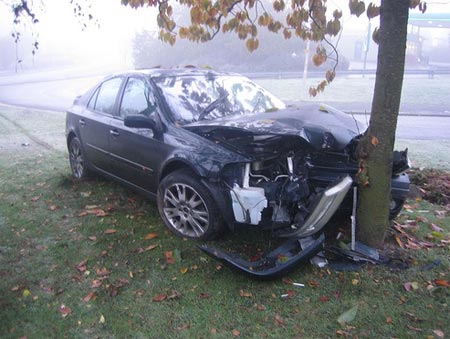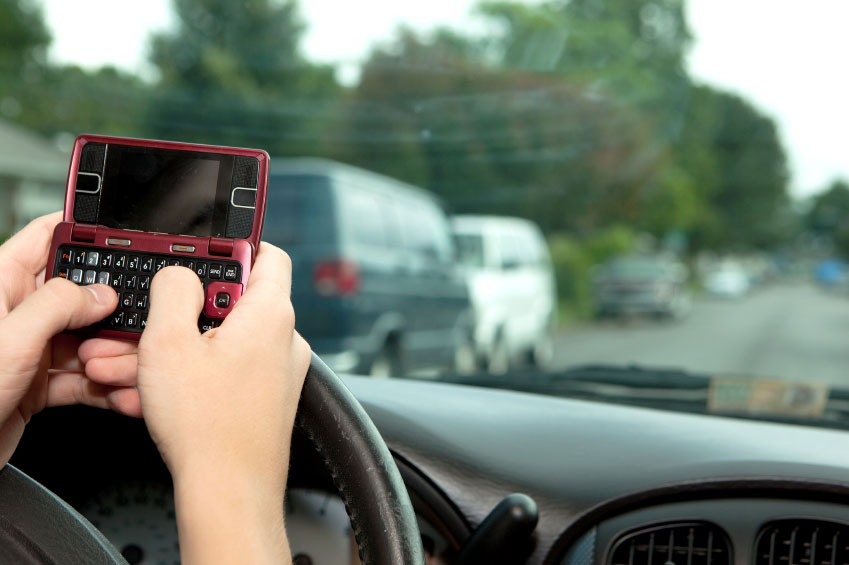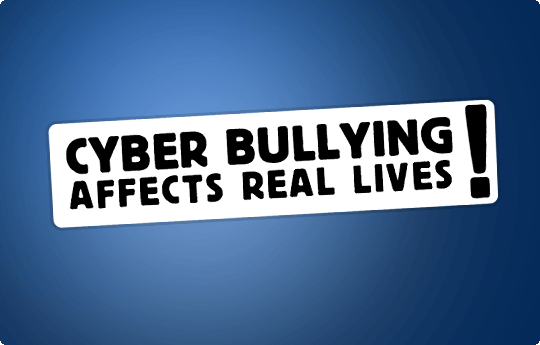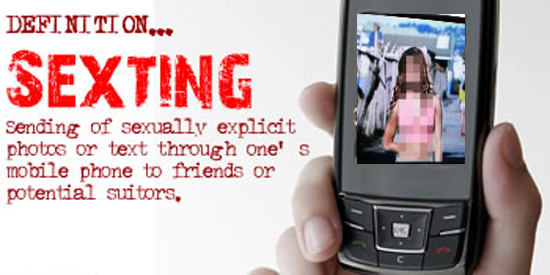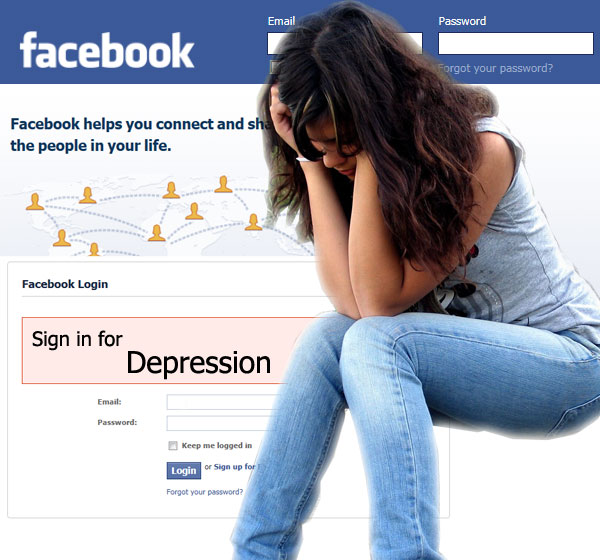AThinLine.org is MTV's attempt to raise awareness and educate teens on the facts about sexting, cyberbullying, and digital dating abuse. More specifically, it aims to give kids the knowledge of what to do when those issues arise in their real lives. The information given is concise, easy to understand, and not preachy.
Some of the topics covered at A Thin Line:
Sexting. Teens are told to look at the potential consequences of sexting, keep private pictures on their own phones, and not to let themselves be pressured into sexting. And if they receive a sext from somebody else, to hit 'delete' rather than 'forward.'





